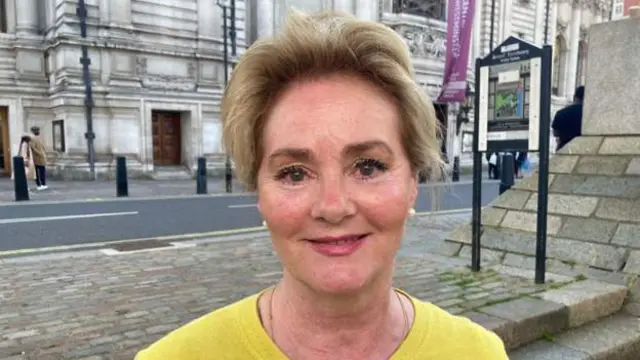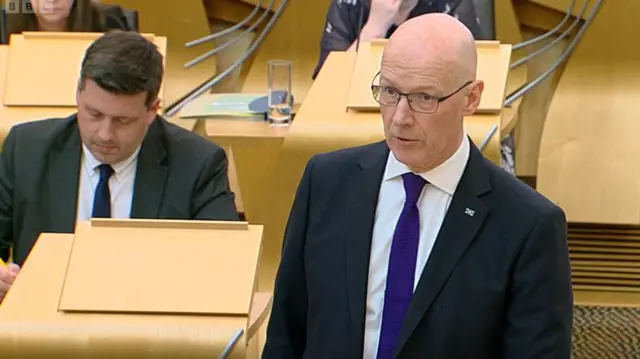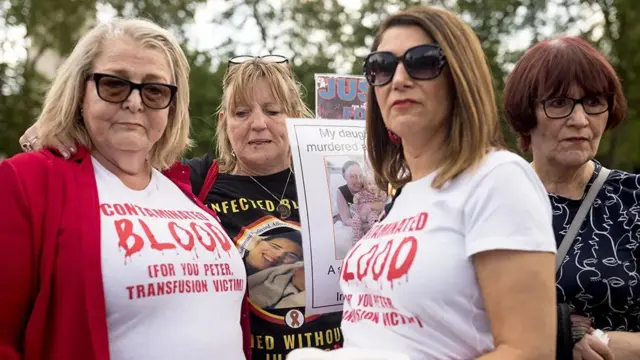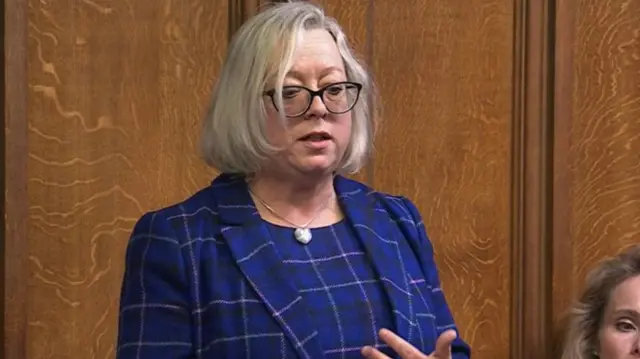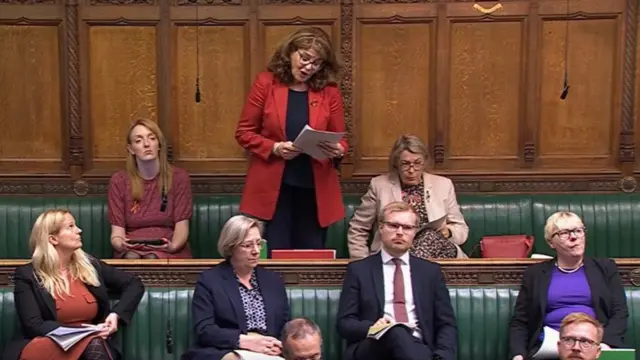We're closing this page shortlypublished at 17:13 BST 21 May 2024
 Adam Durbin
Adam Durbin
Live reporter
We'll be closing our live coverage shortly, but before we go here's a quick summary of the key events from today:
- Paymaster General John Glen laid out the initial plans for the government's compensation scheme to pay victims of the infected blood scandal
- Interim payments of £210,000 will be made within 90 days to "living infected beneficiaries", those who register for support before the final scheme is operational and the estates of those who pass away in the intervening period before final payments are made
- A new body, the Infected Blood Compensation Authority, has been launched to administer the compensation scheme, with Sir Robert Francis named as interim chair
- The first final payments are expected to be made before the end of the year and will be exempt from income, capital gains tax and inheritance tax
- The total compensation cost has not yet been confirmed, despite reports £10bn has been earmarked, but Glen said it would be "comprehensive"
- The policy paper suggests some victims could get between £2.2m and £2.6m, although many will receive far less
- Scotland's First Minister John Swinney has apologised on behalf of the Scottish government, following apologies from other major political parties yesterday
- Labour's Dame Diana Johnson urged the government to make sure they engage fully with the infected blood community
- Law firm Leigh Day, which represents 300 victims, has said it is considering potential civil legal action
You can continue reading here with our latest story: Infected blood victims could get £2m compensation
This page was written by Cachella Smith, Hollie Cole, Jacqueline Howard and James Gregory.
It was edited by Adam Durbin, Jack Burgess and Nathan Williams.
